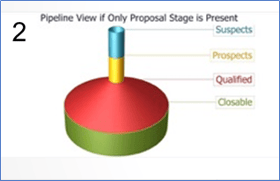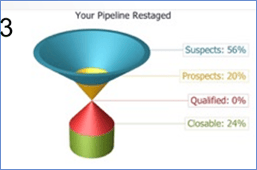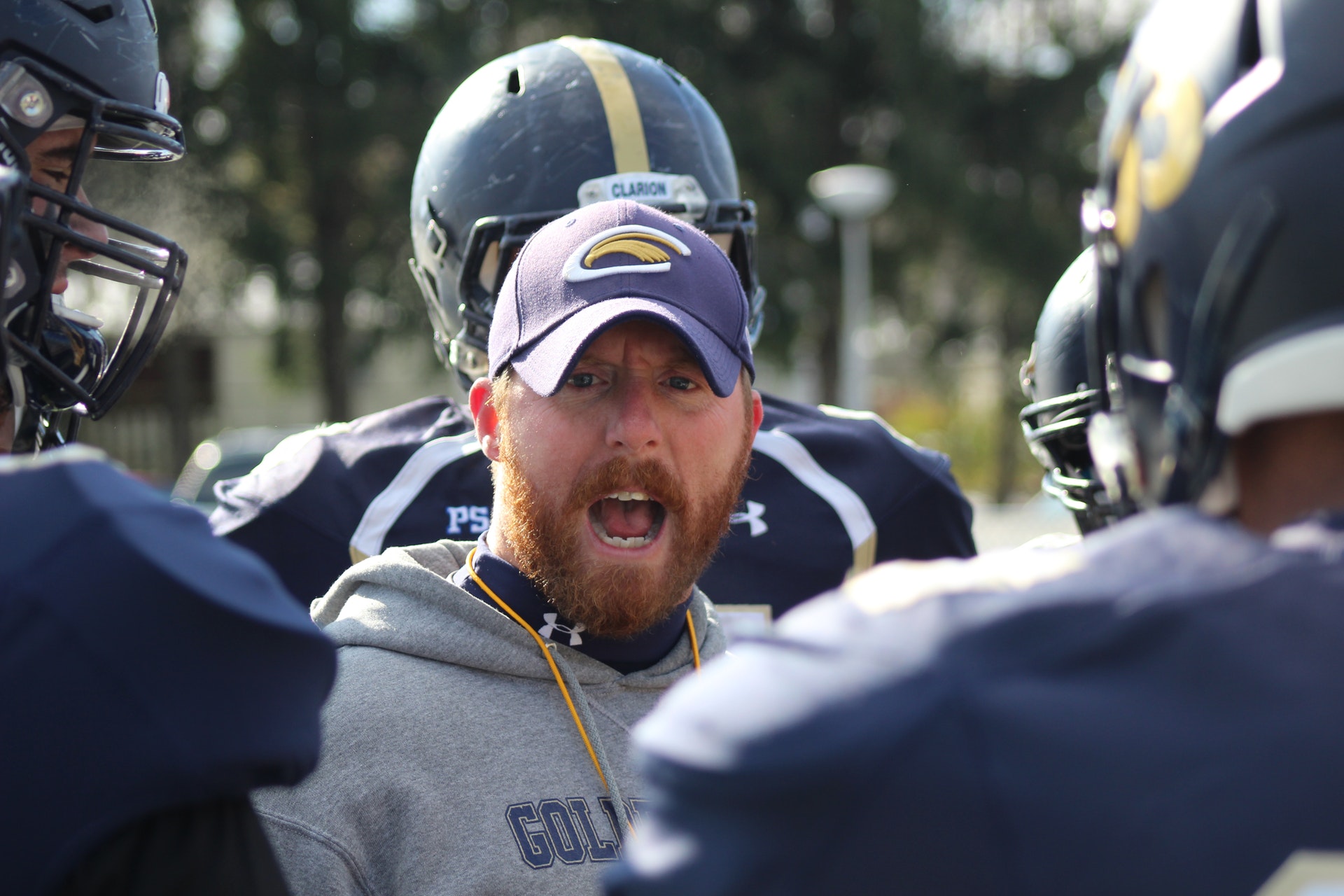In this blog post, we present a question that may force you to look yourself in the mirror and ask, "What can I do better as a salesperson to increase my sales in 2020 and beyond?"
This question, although difficult to admit and analyze, is necessary in your evolution as a salesperson.

I've got a fill-in-the blank for you. Are you ready?
"I Would Sell More If Only I Would __________"
What comes after would? We had the chance to ask that question around the country with a variety of companies both large and small, and it's interesting to hear how salespeople respond when you ask them to fill in this particular blank.
Sometimes, you'll hear excuses.
Sometimes, you'll hear valid reasons for why they're not selling as much as they would like — or their manager would like. When we hear these valid reasons, we immediately think about the core steps in the sales process.
First, you have to call on your prospects. Then, you have to go see them. You must set meetings, you must qualify prospects, deliver presentations, and of course, you have to win your fair share.
If you're not where you want to be in 2020, ask yourself,
- Why are you there?
- How long have you been there?
- Are you fully committed to getting back on track?
- What's going to be required to get back on track?
- Do you have to get there?
- What happens if you don't?
- What is the problem costing you?
- Do you have to fix it?
If you know anything about our organization, you know that is how we encourage the unveiling of the sales process.
Asking your prospects questions like:
- What is going on?
- What do you have to fix this problem?
- How long has it been a problem?
- What have you done to try and fix it?
- Do you have to fix it?
- What happens if you don't fix it?
- What's this problem costing you?
All of that fits into one of two categories: Excuses or reasons.
Just remember as you answer the question, "I could sell more if only I could ____." If your answer is an excuse...
"Excuses are the nails used to build houses of failure."
Now go out there and get it done!
To learn more about our organization and services, click the link below:










